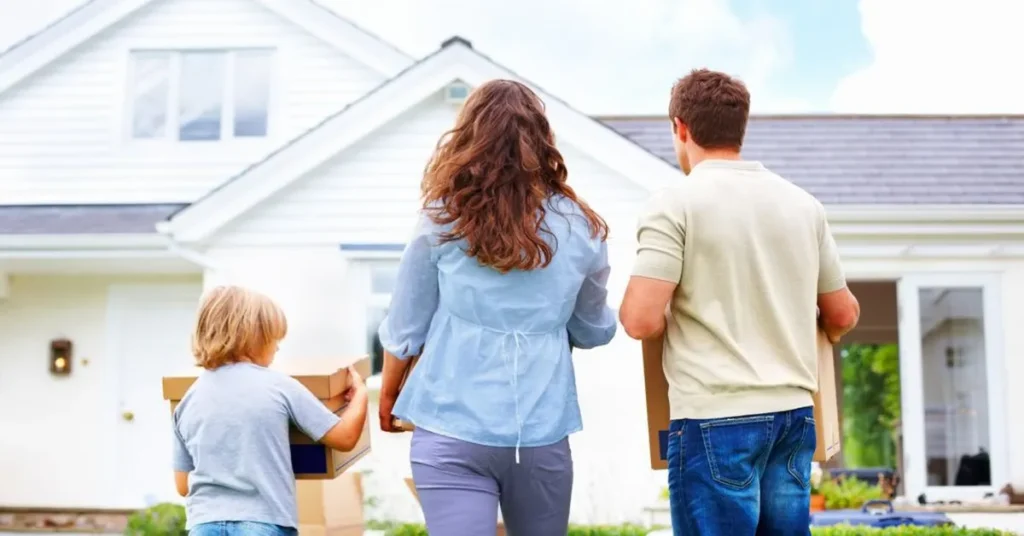Gas is an essential utility in many homes, used for heating, cooking, and hot water. While it’s a convenient and efficient energy source, it also comes with its risks. Ensuring gas safety in your home is crucial to protecting your family from potential hazards. To ensure everything is in proper order, obtaining a Gas Safety Certificate London can be a valuable step. Here’s a straightforward guide to help you keep your home safe.
Understanding Gas Leaks
Gas leaks can be dangerous, leading to fire hazards, explosions, and health issues. It’s important to recognize the signs of a gas leak. The most obvious sign is a strong, unpleasant odor often compared to rotten eggs. This smell is added to natural gas to help detect leaks because natural gas itself is odorless.
You might also notice hissing sounds near gas appliances or see an unusual amount of dust or air bubbles in the water around the appliance. If you suspect a gas leak, act quickly. Open windows and doors to ventilate the area, avoid using electrical switches or appliances that could ignite the gas, and evacuate the premises immediately. Contact your gas company or emergency services from a safe location.
Regular Maintenance and Inspections
Routine maintenance and inspections are key to ensuring your gas appliances and systems are functioning safely. Schedule annual inspections by a certified gas technician to check your gas furnace, boiler, water heater, and other appliances. These professionals can detect issues early, such as leaks or malfunctioning components, before they become serious problems.
During these inspections, the technician will check for proper ventilation, inspect the gas lines, and ensure that all connections are secure. They will also verify that your appliances are operating efficiently and safely.
Proper Appliance Use
Using gas appliances correctly can prevent accidents and ensure they operate safely. Follow the manufacturer’s instructions for each appliance and avoid using them for purposes other than their intended use. For instance, don’t use a gas oven for heating your home, as this can pose serious risks.
Always keep the area around your appliances clear of clutter and flammable materials. This will ensure proper ventilation and reduce the risk of fire. For gas cooktops, use appropriate cookware and never leave the stove unattended while it’s in use.
Installing Carbon Monoxide Detectors
Carbon monoxide (CO) is a colorless, odorless gas that can be deadly if inhaled in large amounts. It is a byproduct of incomplete combustion from gas appliances. To protect your family, install carbon monoxide detectors in key areas of your home, particularly near sleeping areas and on every floor.
Test your CO detectors monthly to ensure they are working properly and replace the batteries at least once a year. If the alarm goes off, evacuate your home immediately and contact emergency services.
Ventilation and Air Quality
Proper ventilation is essential for gas safety. Ensure that all gas appliances are properly ventilated according to the manufacturer’s instructions. This helps prevent the buildup of dangerous gases, such as carbon monoxide, and ensures that the appliance operates efficiently.
Regularly check vents and flues to make sure they are not blocked or obstructed. For gas fireplaces and heaters, ensure that the chimney is clear and clean. Proper ventilation also involves maintaining good air quality within your home by using exhaust fans in areas like the kitchen and bathroom.
Addressing Pilot Lights and Flames
For gas appliances with pilot lights, it’s important to monitor them regularly. If a pilot light goes out, follow the manufacturer’s instructions for relighting it. If you have trouble or if the pilot light keeps going out, contact a professional to inspect the appliance.
In addition to pilot lights, check the color of the flames on your gas appliances. A blue flame indicates proper combustion, while a yellow or orange flame can signal incomplete combustion or a problem with the appliance. If you notice a change in flame color, have your appliance inspected by a qualified technician.
Educating Your Family
Education is a vital component of gas safety. Make sure everyone in your household knows the basics of gas safety, including how to recognize signs of a leak, how to operate gas appliances safely, and what to do in case of an emergency. Conduct regular safety drills and review emergency procedures to ensure that everyone is prepared.
Conclusion
Ensuring gas safety in your home involves understanding potential hazards, performing regular maintenance, using appliances properly, and educating your family. By staying vigilant and proactive, you can significantly reduce the risks associated with gas use and create a safer environment for your loved ones.Taking these steps not only helps in preventing accidents but also in maintaining the efficient operation of your gas appliances. Remember, safety is an ongoing process, and being informed and prepared is your best defense against potential gas-related issues. Keep your home safe, and protect your family by following these essential gas safety tips, If you want to stay updated with posts like this, please follow us on ESPRESSOCODER.







